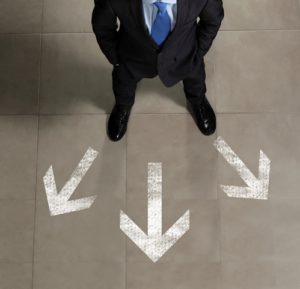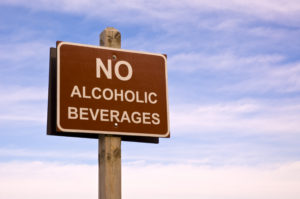Featured
6 Things Waiting Tables Taught Me About Entrepreneurship
Entrepreneurial Insights from Years of Experience as a Server Have you ever worked in a restaurant waiting tables before? With regard to entrepreneurship, your server can tell you a lot about business. A lot of people have done it. Many people take the job while working their ways through college or pursuing alternate careers. I…
Read MoreYour Job is a Business Decision
Source: iStockPhoto.com Feeling trapped in your job lately? You’re not the only one. Some people say that’s the way it’s supposed to be. The monthly job report is just one example. If you pay attention to the mainstream media, you already know that the government and media are selling job-slavery, and most people buy it. The…
Read MoreMy Atlanta Winter Storm 2014
The Winter Storm Scenario The day was Monday January 27th, 2014. I got up extra early to run errands and make bank deposits. I checked the weather forecast before I left which called for 1 -2 inches of snow for Tuesday from Accuweather.com. For five years, I lived in south Florida, where the weather can…
Read MoreEveryone is Selling Something
What Are You Selling? Last night was President Obama’s 2014 State of the Union Address. Whether you like him or don’t like him, he was selling his heart out. He was selling the American people on the direction that he thinks the United States of America should be moving. You may have bought his sales…
Read MoreThe Best Advice Ever from Seth Godin
Who is Seth Godin? Seth Godin is one of the entrepreneurs, authors, and speakers who helped the Internet become what it is today. He coined the phrase “Permission Marketing” with his now-classic book of the same title in 1999 as well as 16 other bestselling books on marketing and the Web 2.0 era. He has…
Read MoreMy Year-End Review of 2013
Now that the Year is Finished, It’s Time to Review My 2013 I think it’s kind of strange to review the past year before January 1, 2014 because the year isn’t over yet. Before I can review my year of miscues and triumphs, I feel the need to finish out the year first. I guess…
Read MoreRisk Management for New Entrepreneurs
You hear about the word “risk” all the time. The mere mention of the word generates fear in most “normal” people. If you are constantly wondering what your risks are in business, I guarantee you are either an attorney, an accountant or getting nothing done as an entrepreneur. For attorneys and accountants, it is their…
Read MoreBusiness is a People Thing
People are everywhere, right? Considering that my first small business successes came as buying and selling stocks, doing business face-to-face with people was something that took a while for me. Now that technology is everywhere, you are still doing business with people on the other end of the Internet connection. In October 1989, I was…
Read MoreMy Sober Date Four Years Later
I joined the ranks of the sober on May 5, 2009. I had always envisioned myself as the brash, hard-drinking, hard-smoking business guy. Nothing could have been further from the truth. The truth was that I was living in a very small apartment (long-term motel room) as I had for the last 7 or so…
Read More







